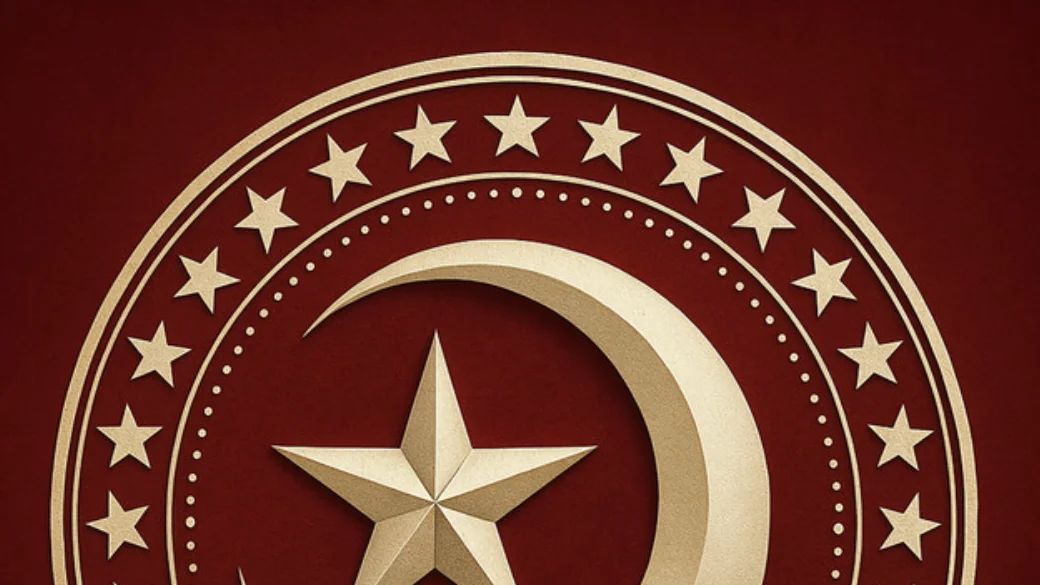Jay Electronica’s exceptional skill as a rapper has afforded him a level of favor that no one else in the hip-hop sphere—with the exception of André 3000—would have received within the same span of time. Between 2007 and 2020, he generally remained in the public’s good graces off the strength of one innovative introductory mixtape, impressive guest verses, and a handful of monumental loosies that featured existential musings, astronomical wonder, and clips from cult cinema. Purists loved how his work incorporated traces of Nas, Wu-Tang, and DOOM in a fast-changing rap landscape; nontraditionalists loved that he moved to the beat of his own drum, on wax and IRL.
But an indisputably well-rounded skillset is not really the New Orleanian’s most redeeming quality. Electronica’s defining trait as an artist is his commitment to personal narrative—his willingness to forfeit a spot on the hype train in order to move at a pace that feels purposeful and sincere. It’s why, when he does release new material, you feel compelled to retrace his steps and ask: How does this pick up where he left off? At what stage of his prophecies are we now? Does he actually believe any of this shit? This perch between conviction and ambiguity is where he wields his power. But as he continues to add chapters to his story, we’re left to decipher whether that position is his chosen station or a purgatory he can’t maneuver himself out of.
In late September, he reemerged with solo music for the first time in five years, offering three short projects within the span of a couple days. Titled A Written Testimony: Leaflets, A Written Testimony: Power at the Rate of My Dreams, and A Written Testimony: Mars, the Inhabited Planet, each—whether absorbed individually or collectively—feels like a return to the multifaceted world-building that distinguished Electronica in his early years. A Written Testimony, the album released in 2020, deviated from that trajectory, at least in form. Featuring Jay-Z as a co-star throughout, it served a dual purpose: For Electronica, it quieted impatient fans with a fresh demonstration of his talent. For Brother Carter, it acted as a much-needed reminder that he wasn’t just some out-of-touch corporate overlord who cut deals with NFL executives to douse the flames of a formidable sociopolitical reckoning.
